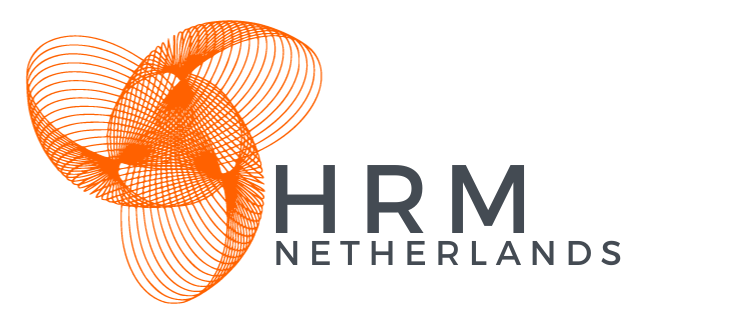Get insights on employee benefits such as pension, income protection benefits, Travel Allowances, Bring Your Own Device programs, Accidental Death & Dismemberment, Group Health Insurance and more.
- General Old Age Pensions Act (AOW) or Dutch State Pension
- Company Pension Plan (most common is Defined Contribution Pension Plan)
- Private Pension Plans
- The AOW or Dutch State Pension
- Company Pension Plan
- Private Pension Plans
- Accidental Death & Dismemberment
- WGA Gap Insurance
- WIA Surplus Insurance
- ANW Gap insurance
- Accidental Death & Dismemberment
- WGA Gap Insurance
- WIA Surplus Insurance
- ANW Gap insurance
- Travel Allowance Public Transport
- Mileage Allowance per km
- Company Car
- Car Allowance
- Business Travel Insurance
- Travel Allowance Public Transport
- Allowance Mileage per kilometre
- Company Car
- Car Allowance
- Business Travel Insurance
The Dutch health insurance system is a combination of private health plans with social conditions built on the principles of solidarity, efficiency and value for the patient. Healthcare in the Netherlands is funded through taxation: mandatory health insurance fees and taxation of income (pre-specified tax credits) and is mandatory by law.
The company can decide to obtain a group healthcare insurance and the employee may voluntarily participate in this insurance. The collective health insurance consists of a basic level of coverage and various supplemental coverage levels available for eligible employees to choose from for themselves and their dependents. Due to the group company arrangements there could be premium discounts for the employee.
Once the employee is leaving the company, the health insurance premium will continue. The costs will be paid by the employee, but the premium discounts as of the group health insurance arrangements will lapse.
